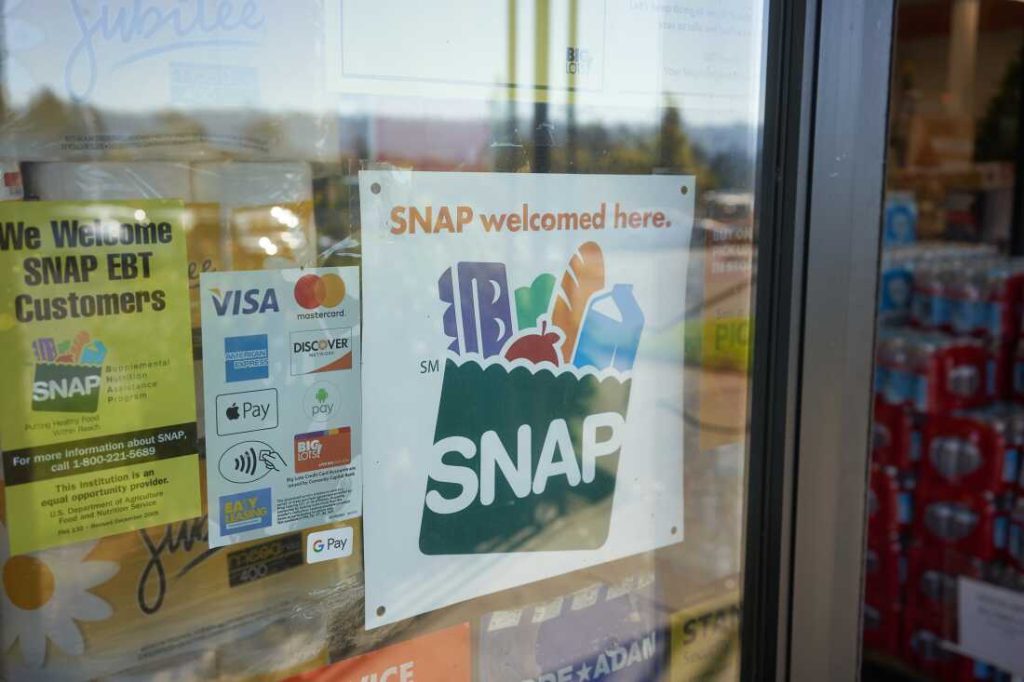
What happens when the nation’s biggest anti-hunger program grinds to a halt? The answer isn’t just empty plates-it’s a cascade of economic and social consequences hitting millions of households. With the federal Supplemental Nutrition Assistance Program (SNAP) frozen during the ongoing government shutdown, governors and attorneys general are climbing to plug an $8 billion monthly gap.
This is not a typical battle over the budget. Almost 42 million Americans, many of them children, the elderly, or the disabled, face the possibility of no food assistance as early as November. The USDA says it cannot legally tap into its contingency fund. In response, a coalition of 25 states and Washington, D.C. has sued to force action. In the interim, states are introducing emergency measures ranging from deploying National Guard troops to rerouting millions toward food banks.
The following list outlines some of the most striking and urgent responses around the country, showcasing at once both the creativity and the limits of state-level action in the face of a federal funding freeze.
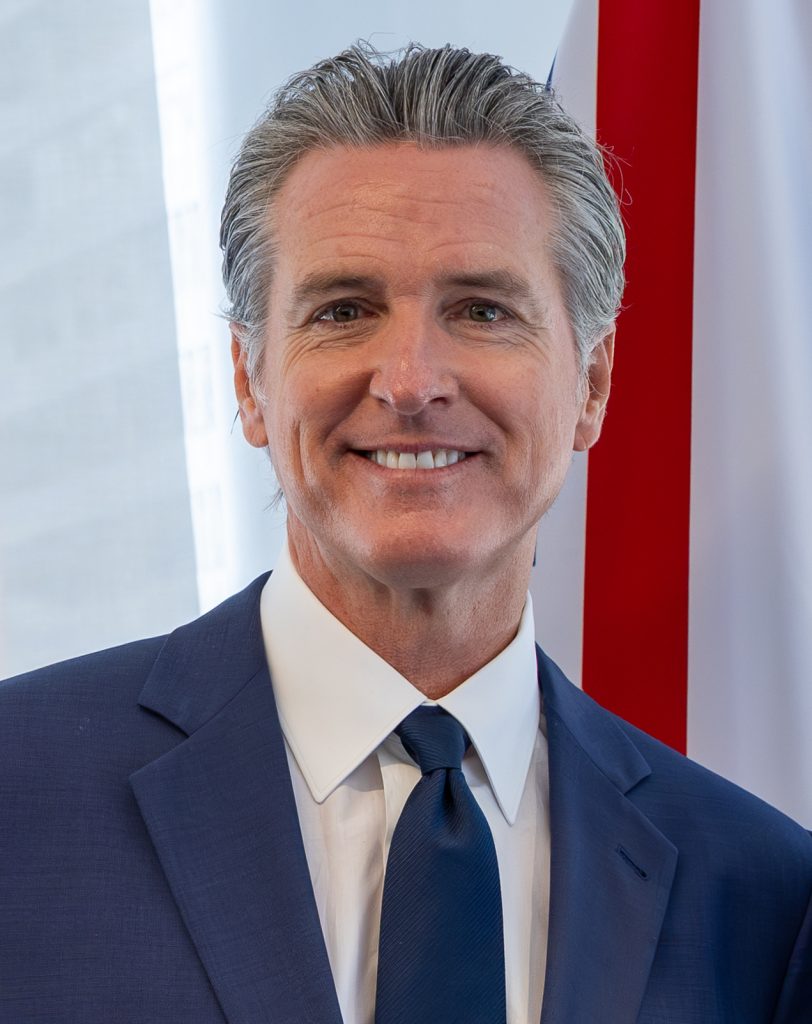
1. California Deploys National Guard to Food Banks
Governor Gavin Newsom said that the California National Guard will help food banks, a package of at least $80 million in state support. The deployment is to help keep the shelves stocked when the demand skyrockets. California’s CalFresh program, serving over 5.5 million residents, may overwhelm local networks without federal funds. This underscores how states use military logistics to freeze civilian supply chains for food.
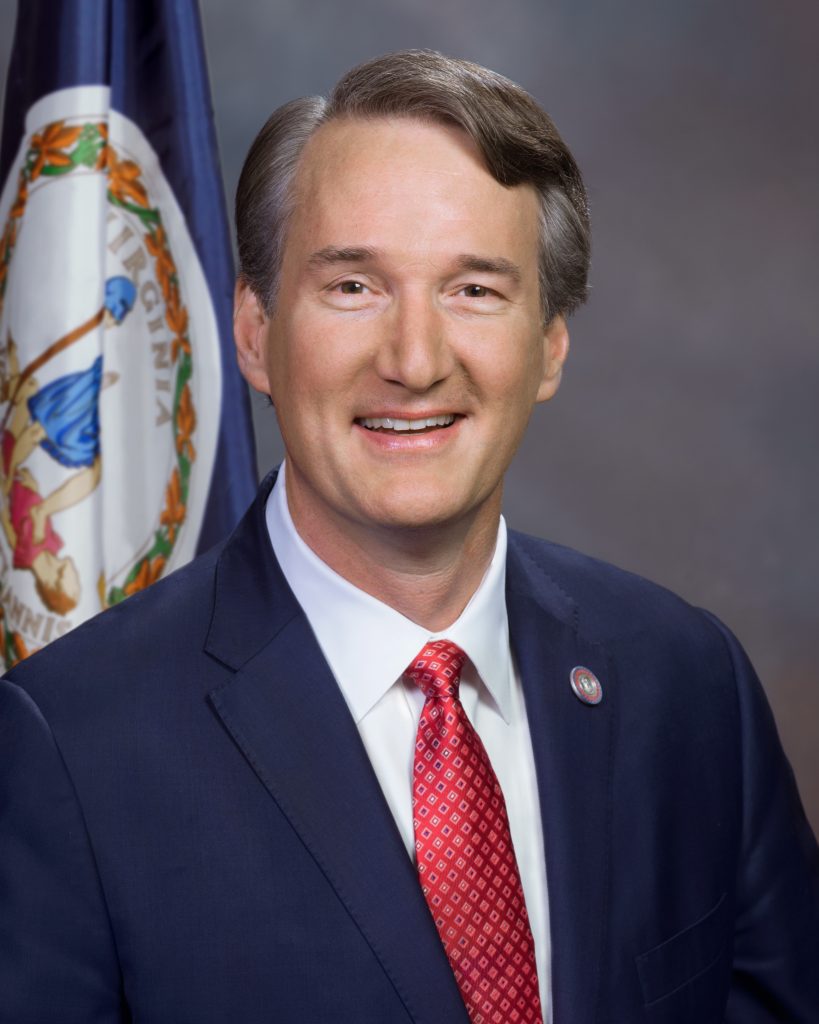
2. Old Dominion Creates Its Own Food Assistance System
Governor Glenn Youngkin is implementing a state-created food assistance program using $37.5 million in surplus funds. Starting November 3, benefits will be loaded directly onto SNAP recipients’ EBT cards. Ambitious as it sounds, the program can only last through November, showing the challenge to maintain them without federal reimbursement.

3. Louisiana Declares State of Emergency for SNAP
Governor Jeff Landry had ordered $150 million from the state health department to keep benefits flowing for children, the aged, and people with disabilities. The declaration will make fund transfers and emergency procurement go much faster. Louisi ana’s move reflects how some states are prioritizing vulnerable groups amid the shutdown’s uncertainty.
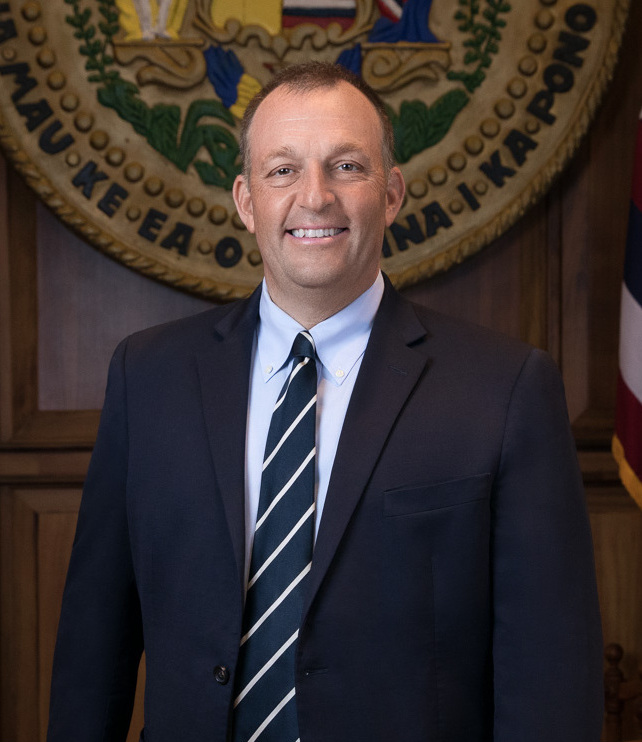
4. Hawaii Diverts TANF Funds to Cover Losses
Governor Josh Green is using $100 million from the federal Temporary Assistance for Needy Families program to offset the lost SNAP benefits. The funds also will help with housing and utility payments, recognizing how food insecurity often intersects with other basic needs.

5. New York Fast-Tracks Millions for Emergency Meals
Governor Kathy Hochul accelerated $41 million in state funding to support local emergency food relief and deliver meals to SNAP recipients. New Yorkers accessed over $647 million in SNAP benefits in May alone a reminder that even significant state investments pale compared to federal outlays.

6. Minnesota funnels $4 Million to Food Shelves
Gov. Tim Walz announced emergency funding for food shelves as the state faces a $73 million void in its nutritional safety net. Food banks in Minnesota already operate under strain, and officials warn that state dollars can only partially fill the gap left by SNAP.

7. Delaware Diverts State Funds Weekly
Governor Matt Meyer ordered unspecified state funds to be shifted on a week-to-week basis to maintain SNAP benefits. By adopting this flexible approach, Delaware can quickly change in response to changing federal negotiations, though that provides little long-term certainty.
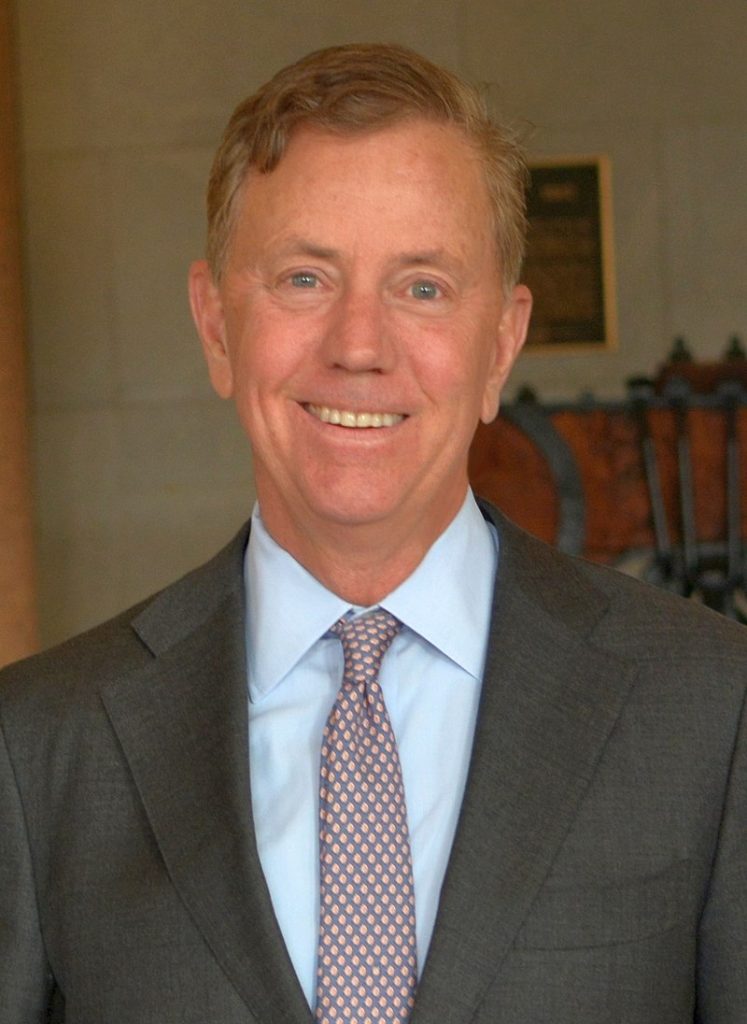
8. Connecticut Partners with Nonprofits for Stopgap Aid
Governor Ned Lamont distributed $3 million in state funds to Connecticut Foodshare, which is about two weeks of resources. Modest, compared to the SNAP budget expenditure of $240 million monthly, it shows an interest in using the nonprofit networks to reach the households in need.

9. Rhode Island Prepares Rapid Response Teams
Governor Dan McKee is mobilizing a cross-agency rapid response, likely to include the National Guard, which will coordinate food distribution. This proactive stance seeks to get ahead of logistics as the shortages reach their peak and holiday demand nears.

10. Multi-State Lawsuit Challenges USDA’s Refusal
A coalition of 25 states and Washington, D.C. filed suit in federal court to force the USDA to use contingency funds. US District Judge Indira Talwani said, “It’s hard for me to understand how this isn’t an emergency when there’s no money and a lot of people are needing their SNAP benefits.” The case could set precedent for how entitlement programs operate during shutdowns. The range of state responses, from deploying troops to courtroom battles, reveals both ingenuity and the limits of local action when federal programs stall. While such measures may blunt the sting, they can’t compete with the reach of SNAP in scale. As the legal challenges play out and emergency funds are tapped, the coming weeks will test whether America’s safety net can withstand a political impasse without unraveling.


